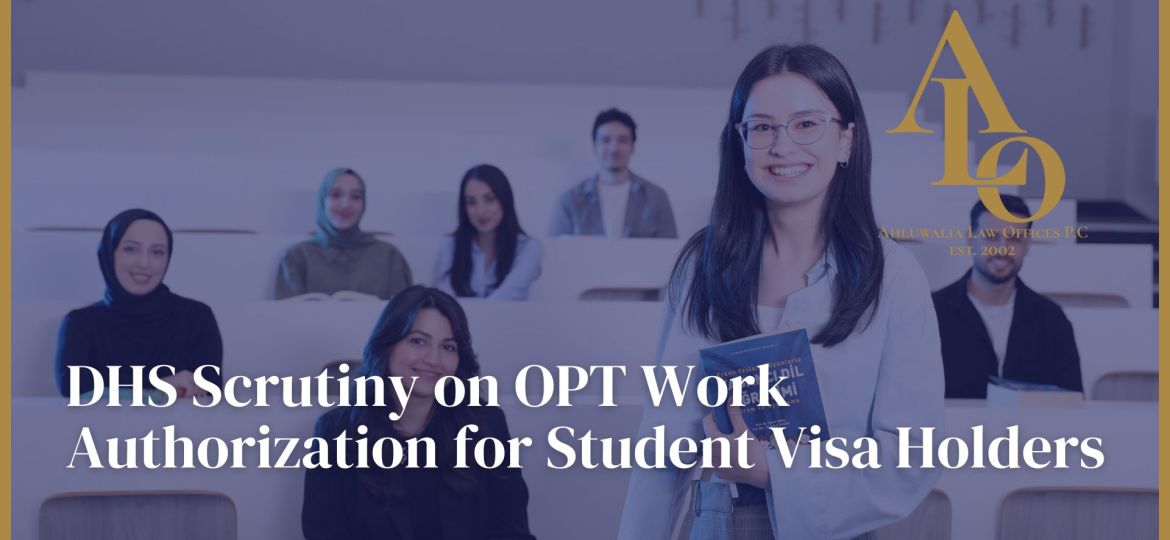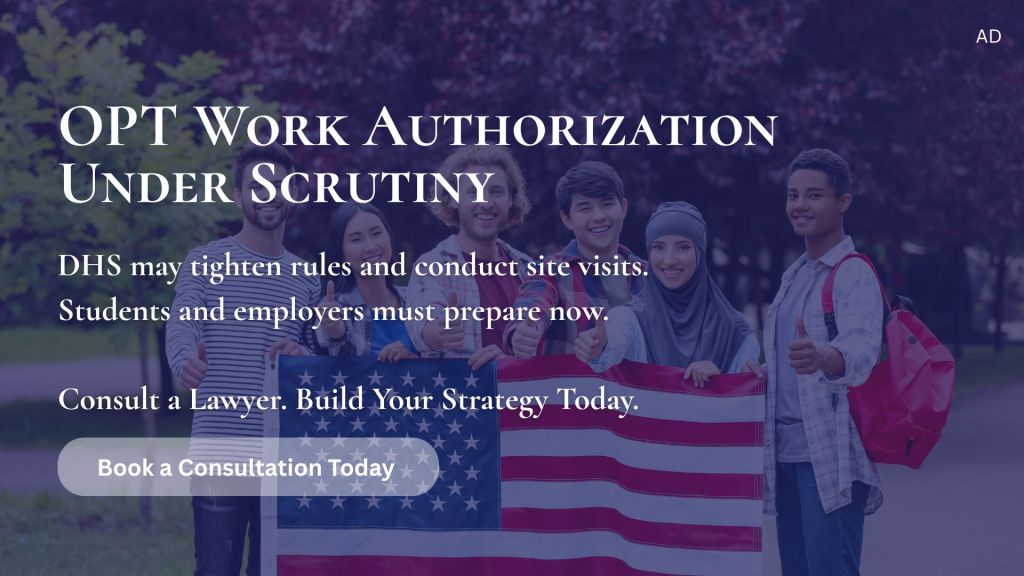
The Optional Practical Training (OPT) program remains one of the most significant benefits available to international students in the United States. OPT provides eligible F-1 visa holders with temporary employment authorization in their field of study, often serving as a bridge to longer-term employment visas. However, the program is under renewed scrutiny at the federal level, raising concerns for both students and employers.
Recently, Senator Chuck Grassley (R-IA) addressed a letter to Department of Homeland Security (DHS) Secretary Kristi Noem, urging the agency to halt the issuance of work authorizations to student visa holders. The Senator expressed concerns about the job prospects of recent U.S. graduates, citing Federal Reserve findings that unemployment rates remain high for young Americans with college degrees, including those with STEM majors.
Beyond labor market impacts, the letter also highlighted national security concerns, pointing to findings from the FBI and USCIS Ombudsman about risks of intellectual property theft through foreign student employment in sensitive technology sectors.
At the same time, DHS has signaled that a rulemaking process is underway to address compliance and oversight in the OPT program. This includes potential site visits for employers of OPT participants, similar to the site inspections already conducted in the H-1B and STEM OPT extension contexts. Such inspections would aim to ensure program integrity, verify employment relationships, and safeguard against fraud or misuse.
What This Means for International Students and Employers
- For students: OPT remains a lawful employment authorization granted under existing DHS regulations. Until any changes are formally announced and implemented, eligible F-1 students may continue to apply for and use OPT benefits.
- For employers: It is critical to maintain accurate records, comply with wage and duty requirements, and prepare for the possibility of DHS site inspections. Employers sponsoring students in OPT or STEM OPT should treat compliance with the same seriousness as H-1B or other work visa programs.
- For future planning: With increasing political and regulatory attention on student visa employment, both students and employers should monitor DHS announcements closely and consider alternative visa strategies, including H-1B, O-1, or employment-based green card pathways.
Staying Compliant
As the landscape evolves, the most important step is preparation. Students should document their work authorization carefully, while employers should ensure their HR files, training plans (for STEM OPT), and supervision protocols are in order.
Ahluwalia Law Offices will continue to monitor DHS rulemaking and policy updates affecting F-1 students, OPT, and employment compliance. If you are a student or employer navigating these changes, now is the right time to review your immigration strategy and ensure long-term compliance.


